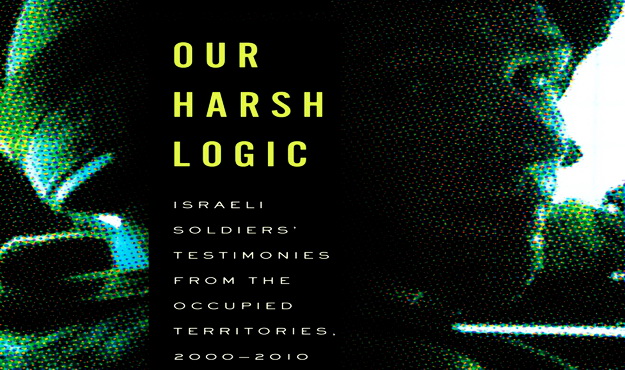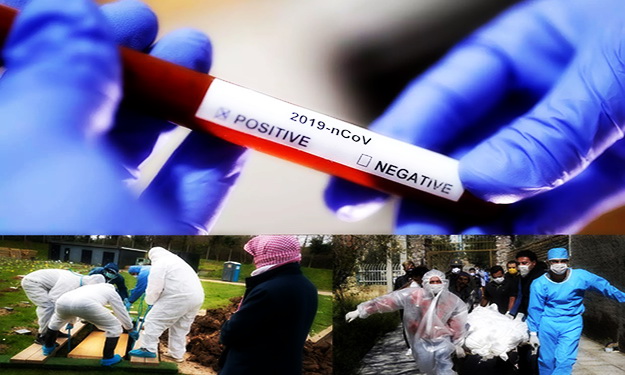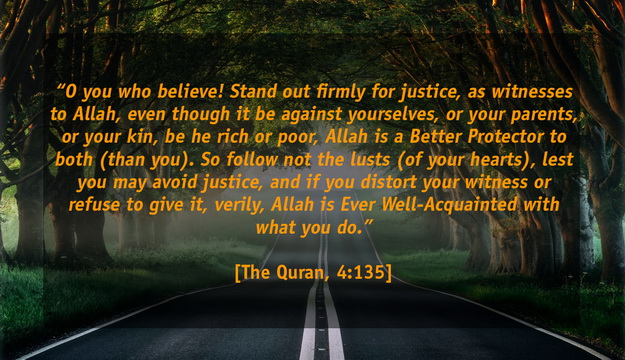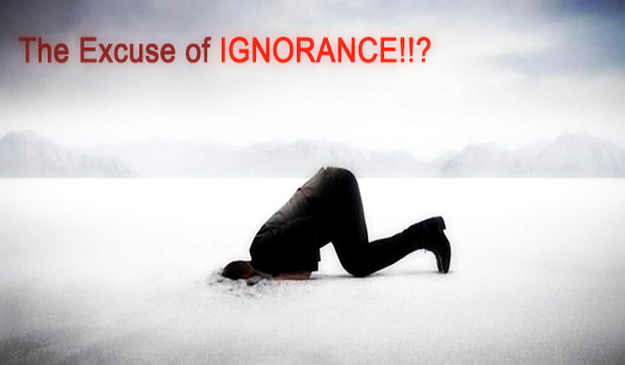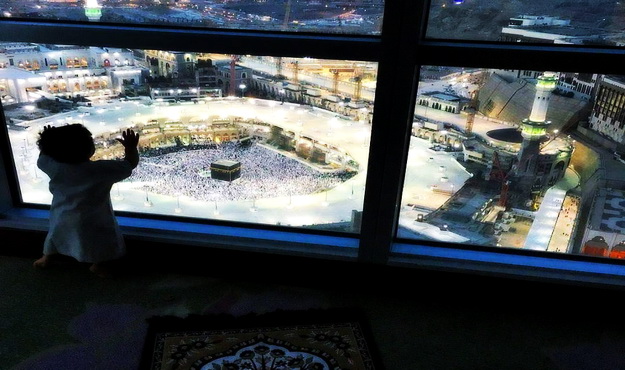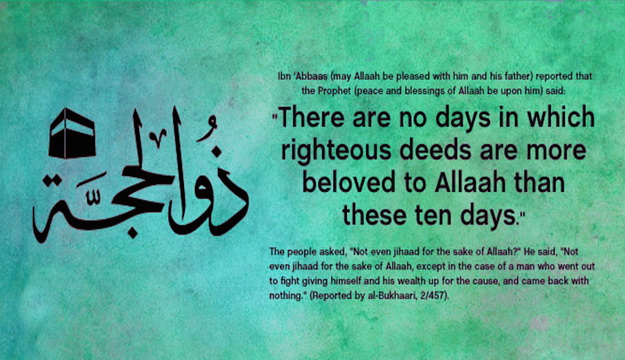By Hasan Afif El-Hasan | Source: PalestineChronicle
For outsiders, it is hard to sense the real character of Israel through all the artificial identity that has been imposed on it by its supporters without serious discussion about the Palestinians’ tragedy. Israel has imposed and tightened the harshest blockade and the brutal assaults and incursions on top of accumulated injustices against the Palestinian refugees in Gaza where thousands of civilians including children perished and many were injured, while the survivors are starved and their homes destroyed. Israel builds settlements on confiscated Palestinian lands in the West Bank and Jerusalem, enacted Jewish law of return for world-wide Jews, but it would not allow even one refugee from the Palestinian villages it had destroyed after 1948 to return to his/her home. And according to members of the Israeli military, the occupation soldiers practice torture and killing of the Palestinian civilians who do not threaten them just for fun and entertainment.
The Israeli governments and their Western supporters like the outsiders to believe that the Israeli military in the West Bank, East Jerusalem and Gaza is essentially aimed at safeguarding the country from terror. And the notion in Israeli society is that the control of occupied lands is aimed at protecting its citizens from Palestinian terrorism. But human rights organizations and Israeli peace advocates and Israeli soldiers who had been stationed in the occupied lands tell completely different stories about how they treat the civilian Palestinians. They all report killings, arrests, raiding homes, demolishing houses, punishing the people collectively, and interrupting their daily life. They describe barbaric actions that do not seem to serve military needs or promote hope for peace.
A little known organization called “Breaking the Silence” compiled testimonies of more than a hundred ex-military members of the Israeli Defense Forces (IDF) who had served in the occupied lands. In its published book, “Our Harsh Logic,” the ex-soldiers describe in their own words and personal memoir a broad Israeli policy that is extremely inhumane and offensive against the civilians. The soldiers reveal the ugliness of Israel’s rule over the Palestinians, and offer a gripping and immediate record of oppression, brutality and hatred. These are a few examples of their testimonies in their own words:
A soldier who served in 2003 stated: “We went into the town of Tubas at three in the morning in a Safari and threw stun grenades in the street, for no reason except just to wake people up. This happened every day- a different force of my company did it each time, it was just part of the routine, part of our lives.” Another soldier said about his experience when serving in 2004, “We called it ‘happy Purim’, to stop people from sleeping. It means going into a village in the middle of the night, going around throwing stun grenades and making noise to demonstrate the presence of the military.” The rationale behind that kind of operation: “If the village initiates an operation, then we are going to initiate a lack of sleep. In general, maybe this creates the impression that the IDF is in the village at night, without having to do too much.”
Another soldier said one of the many things that shocked him during his service in the territories in 2009 was the midnight searches. He described a search he participated in, in a small village called Hares at two after midnight. “They [the military battalion commander] said there are sixty houses that have to be searched. We spread out over the whole village, took control of the school, smashed the door locks of the classrooms. One room was used as the investigation room for the Shin Bet, one room for detainees, and one room for the soldiers to rest. We went house by house, knocking on the families’ doors. They were scared to death, girls peeing in their pants with fear. We went into the house and turned everything upside down. We gathered the family in one room, put a guard there, the guard was told to keep his gun on them, and then we searched the whole house. We received another order that everyone born after 1980, doesn’t matter who, bring him in cuffed and blindfolded. We yelled at old people, one of them had an epileptic seizure. He did not speak Hebrew and they [soldiers] continued yelling at him. We did the rounds. Every house we went into, they took everyone between sixteen and twenty-nine and brought them to the school. They [detainees] sat tied up in the schoolyard. The commander told us the purpose of all this was to locate weapons. But we did not find any weapons in the end. We confiscated kitchen knives.”
“What shocked me the most was that there was also stealing. One soldier took twenty shekels. This was a very poor village. At one point, soldiers were saying, ‘What a bummer, there is nothing to steal.’ That was said in a conversation among the soldiers, after the action. There was a lot of joy among the soldiers at people’s misery; they were happy talking about it. There was a moment where a Palestinian they knew was mentally ill, yelled at us, but one soldier decided to beat him up anyway, so he smashed him. Then he hit him in the head with the butt of a gun, he was bleeding, and he was brought to the school along with everyone else. There were a pile of arrest orders signed by the battalion commander, ready, with one area left blank. They’d fill in that the name of the person was detained on suspicion of disturbing the peace. They just filled in the name and the reason for arrest. They smash the floor, turn over sofas, throw plants and pictures, turn over beds, break the closets, the tiles. And after all that, we left them for hours tied up and blindfolded in the school. The order came to free them at four in the afternoon. So that was more than twelve hours.”
Another soldier described the murder of a Palestinian who was not armed and had not posed a threat in 2002. He said, “We took over a central house, set up position, and one of the sharp shooters identified a man on a roof, two roofs away, I think he was fifty and seventy meters away, not armed. I looked at the man through the night vision-he was not armed. It was two in the morning. A man without arms [weapon], walking on the roof, just walking slowly around, perhaps meditating or praying. The company commander said: ‘Take him down [kill him].’ The sharpshooter fired, took him down. The company commander,–, ordered via radio, the death sentence for this man! A man who was not armed. The man was no threat to us, and the commander gave the order to shoot him. We’d laugh about it, we had code names for this incident: ‘the lookout,’ ‘the drummer,’ ‘the woman,’ ‘the old man,’ ‘the boy,’ and other ones.”
Another ex-soldier described his experience at a check point in 2005: “It was in Elkana, at a fence that separates the Jewish and Palestinian houses, and there’s still one Palestinian house on the Jewish side. They [the Israeli fence builders] made a mistake with the fence there, and because there’s a checkpoint, their whole family access was through the checkpoint. It was forbidden to cross if they don’t have this document or that permit. There was someone coming from the other side, we did not allow him to go in. He had a bag of grocery and documents and did not know why he could not go into his home. He really annoyed us by keep asking us to go to his family, and we decided to punish him, so we put him in a corner, with his bags, blindfolded and handcuffed as he sat there for four or five hours, just like that. When I was released from the army, I feel ashamed; I’m ashamed when I think about it.”
Another soldier talked about his experience while serving at a checkpoint in the West Bank in 2006: “We were four guys, three privates and a young commander, who’d never been at a checkpoint. You stand there, in the middle of the night between a village … it was north of Ramallah-Anata, I think. A checkpoint which all the students went through to Birzeit and whatever. I didn’t really understand why we were checking them, because they were crossing from a Palestinian side to a Palestinian side. They’re not going to Israel. They put me at a small guard post nearby and I see lot of students going to university and I am pointing my weapon at them. They are late to work but they had to wait until we allow them to go. What frightens me isn’t that we’d really do things like that to them, but we never treated them with respect and they no longer have the same worth to us as other human beings.”
Another soldier from Nahal Brigade unit stationed in Hebron in 2004 said, “Our battalion was there to uphold a certain status. One of the most frustrating things in Hebron is that the settlers don’t care, they do whatever they want, even if they are just a meter away from you [the soldiers]. We put up partitions in the middle of the road, the Palestinians crossed on one side and the Jews on the other. Now, the number of the Palestinians crossing the road was ten times more than the number of Jews who crossed them. I am talking about hundreds, every morning and went on their side. There was one Palestinian woman who tried to cross the road on the Jewish side. I came and said to her, ‘Madam, lf you cross I will shoot you, and I had my weapon pointed at her.’ The other Palestinians shouted at her stop stop come back. She got quiet and went back. On the same day, there was a family of something like ten or fifteen Jews and they walked in the road, like free style on both of the crossings. And I go there and say to one of the Jews, ‘Listen, sir, we partitioned the road for some reason, I’m asking you to wait.’ He[the Jewish man] said’ Who do you think you are? This is my road, this is my town. I do whatever I want’.”
“That one, and another situation in the same place where a Palestinian father on the Palestinian side of the road with his son at his side, and then four settler children showed up. They picked up a rock, threw it at the Palestinian boy. I yelled at them, but I cannot lift a hand against settler children. I cannot threaten them with my weapon. If the situation was the reverse and an Arab boy picked up a rock against a Jewish boy, then we’d have to handcuff him, blindfold him, send him wherever, follow the orders. If a Palestinian boy started not doing what I told him, like the Jewish guy who said, ‘who do you think you are,’ I ‘d have to start shooting in the air, then at his feet, all kinds of things like that. There were incidents like that in Hebron.”
After choosing to stay in endless wars and turning into a militaristic chauvinist state, the threat to Israel is not the Palestinians or the Arab states; it is the moral threat of denying the Palestinians’ elementary rights and eradicating their history and existence. The desire for peace never existed even on the fringes of Israeli society. The ongoing occupation and the fear of the growing Palestinian population that has created xenophobia, racism and savagery has taken its moral toll on the Israelis. The fascist ideas that attracted many right-wing Europeans in the 1930s and victimized Jews in Europe are being endorsed by most leading politicians in the ruling Israeli circles. Israel’s claims to democracy are not supported by its terror actions. Its policy toward the vulnerable occupied Palestinians casts a dark shadow over Israel’s democracy and history.
– Hasan Afif El-Hasan, Ph.D. is a political analyst. His latest book, Is The Two-State Solution Already Dead? (Algora Publishing, New York), now available on Amazon.com and Barnes & Noble. He contributed this article to PalestineChronicle.com.
 navedz.com a muslim's Quest for the truth
navedz.com a muslim's Quest for the truth
